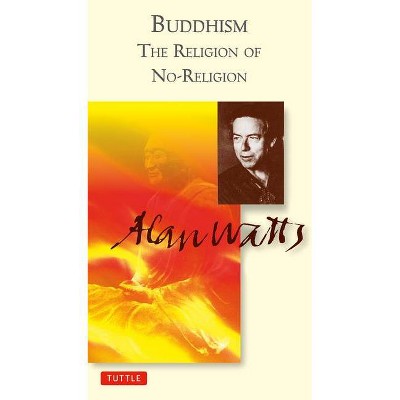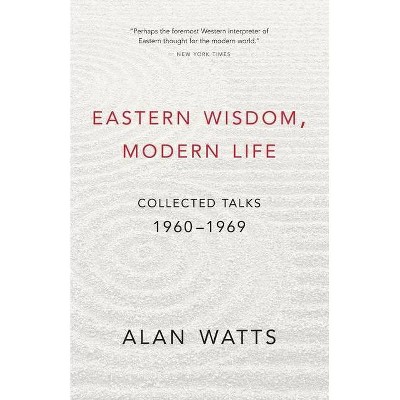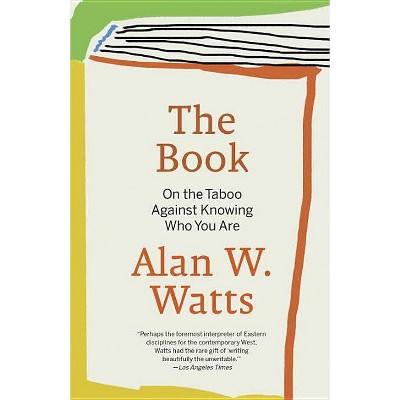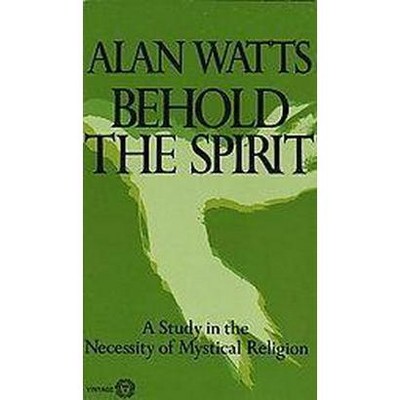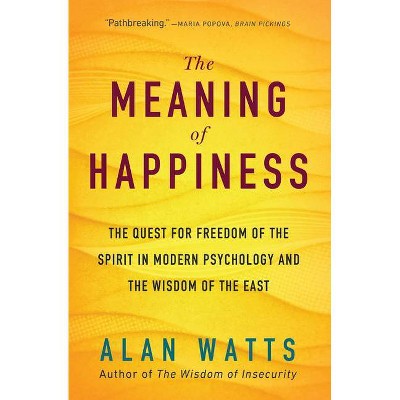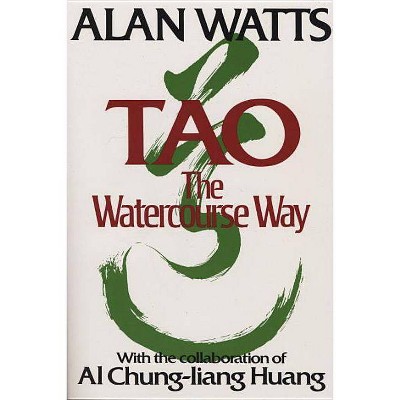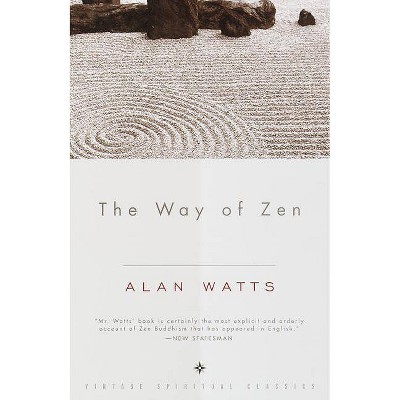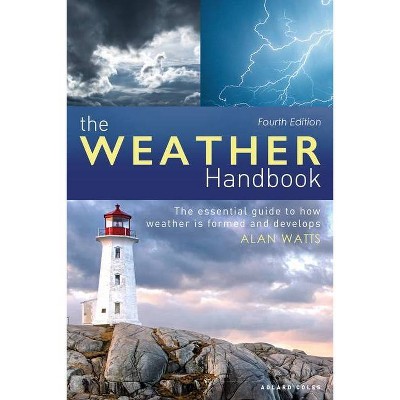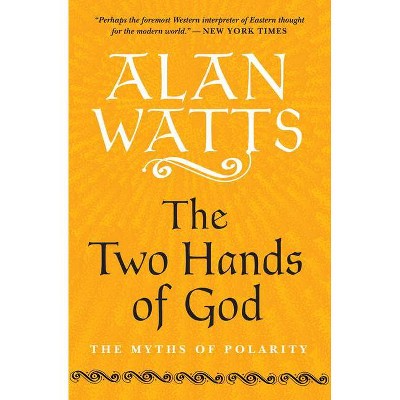The Wisdom of Insecurity - by Alan Watts (Paperback)
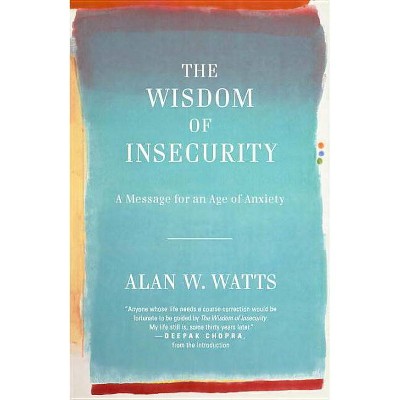
Similar Products
Products of same category from the store
AllProduct info
<p/><br></br><p><b> About the Book </b></p></br></br>Drawing from Eastern philosophy and religion, Watts argues that it is only by acknowledging what we do not and cannot know that we can find something truly worth knowing. In order to lead a fulfilling life, one must embrace the present--live fully in the now.<p/><br></br><p><b> Book Synopsis </b></p></br></br><p><b>The perfect guide for a course correction in life, away from materialism and its empty promise (Deepak Chopra), Watts shows us how--in an age of unprecedented anxiety--we must embrace the present and live fully in the now in order to live a fulfilling life.</b></p><p>Spending all our time trying to anticipate and plan for the future and to lamenting the past, we forget to embrace the here and now. We are so concerned with tomorrow that we forget to enjoy today. Drawing from Eastern philosophy and religion, Alan Watts shows that it is only by acknowledging what we do not--and cannot--know that we can learn anything truly worth knowing. <p/>"Perhaps the foremost interpreter of Eastern disciplines for the contemporary West, Watts had the rare gift of 'writing beautifully the unwritable.'"<br><b>--<i>Los Angeles Times</i></b></p><p/><br></br><p><b> Review Quotes </b></p></br></br><br>"Reading Alan Watts challenges us to explore new avenues of thinking, inspires us to lead more fulfilling lives. His legacy lives on in <i>The Wisdom of Insecurity</i>, a work that energetically displays Watts's piercing intellect, razor-sharp wit, and winning grace. For the clarity and wisdom with which it engages timeless concerns crucial to us all, it is unmatched. An important book."<br><b>--Greg Mortenson, author of <i>Three Cups of Tea</i></b> <p/>"Perhaps the foremost interpreter of Eastern disciplines for the contemporary West, Watts had the rare gift of 'writing beautifully the unwritable.'"<br><b>--<i>Los Angeles Times</i></b> <p/>"The wisdom of insecurity is not a way of evasion, but of carrying on wherever we happen to be stationed--carrying on, however, without imagining that the burden of the world, or even of the next moment, is ours. It is a philosophy not of nihilism but of the reality of the present--always remembering that to be of the present is to be, and candidly know ourselves to be, on the crest of a breaking wave."<br><b>--Philip Wheelwright, <i>Arts and Letters</i></b> <p/>"This book proposes a complete reversal of all ordinary thinking about the present state of man. The critical condition of the world compels us to face this problem: how is man to live in a world in which he can never be secure, deprived, as many are, of the consolations of religious belief? The author shows that this problem contains its own solution--that the highest happiness, the supreme spiritual insight and certitude are found only in our awareness that impermanence and insecurity are inescapable and inseparable from life. Written in a simple and lucid style, it is a timely message."<br><b>--<i>Book Exchange</i> (London)</b><br><p/><br></br><p><b> About the Author </b></p></br></br><p>Alan W. Watts, who held both a master's degree in theology and a doctorate of divinity, is best remembered as an interpreter of Zen Buddhism in particular, and of Indian and Chinese philosophy in general. Standing apart, however, from sectarian membership, he has earned the reputation of being one of the most original and "unrutted" philosophers of the twentieth century. Watts was the author of some twenty books on the philosophy and psychology of religion that have been published in many languages throughout the world, including the bestselling <i>The Way of Zen.</i> An avid lecturer, Watts appeared regularly on the radio and hosted the popular television series, <i>Eastern Wisdom and Modern Life, </i> in the 1960s. He died in 1973.</p>
Price History
Price Archive shows prices from various stores, lets you see history and find the cheapest. There is no actual sale on the website. For all support, inquiry and suggestion messagescommunication@pricearchive.us
